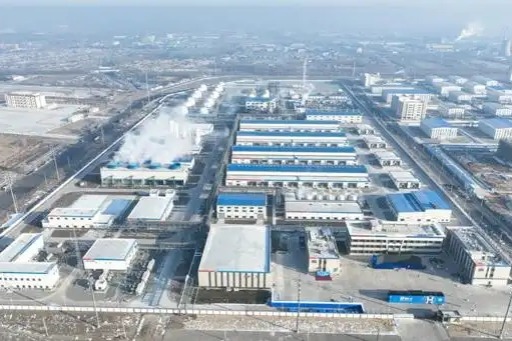Key steps to success

Analyst advises investors aiming to break into the continent
As more and more Chinese private investors make a foray into Africa, they need to strategize not only on how to penetrate the next big consumer market but also on how to achieve long-term commercial success in the continent.
While it's relatively easy for investors to comply with immigration regulations in Africa compared with other continents, and Chinese products are attractive to Africans, it may not be a walk in the park to break through.
Paul Mbugua, an investment analyst, says market surveys and the engagement of local experts are the first steps to market penetration.
| Isaac Kwaku, the chairman, Sino-Africa Centre of Excellence Foundation. Provided to China Daily |
"Local experts understand the market and regulatory environment best, hence they are vital to your venture. You must also know the culture and where the market wants to go in order to break through," he says.
Investors, he says, should avoid duplicating existing business models, like going for distribution channels that majority of competitors are using. They should also avoid targeting mainstream customers. This is because they may not be able to compete with established businesses, especially on price.
Another strategy, Mbugua says, is to create their own niche market - for instance, entering the market with cheap products that appeal to price-sensitive buyers. This is not a threat to established ventures since their mainstream customers will not go for those products.
"Eventually, the investor may improve the quality of the product, thereby winning mainstream customers. The established firms may not respond because they may find it difficult to replicate the entrants' low-cost business model. However, I'm not advocating poor quality products," he says.
Huawei and Tecno were able to penetrate the African market within a short while through manufacturing low-cost smartphones, targeting the low-end market, which had been shunned by established players like Nokia, Samsung, Ericsson, Siemens and Motorola.
Above all, Mbugua says, investors should comply with local regulations and maintain transparent business procedures in order to achieve long term commercial success.
Sikhumbuzo Zondi, research assistant at the Institute for Global Dialogue associated with the University of South Africa, says small scale Chinese investors need to give priority to learning and knowing the language, laws, customs and culture of African countries in which they are interested in investing.
"It is imperative that private investors acquire prior knowledge of the African political, cultural and commercial environments so that their business opportunities can benefit both local Africans as well as business investors," he says.
Isaac Kwaku, chairman of the Sino-Africa Centre of Excellence Foundation, says localization is a key factor for success. He says Chinese investors should employ local investors at management level because they understand the market and have local connections.
"There are many Africans who have studied Mandarin and can speak it, hence Chinese companies should employ them to work at management level in Africa," he says.
Even if they come in with Chinese management crews, Kwaku says the investors should have a specific plan to train enough Africans to take over some of the management jobs in the near future, for continuity purposes.
He says management localization is one of the reasons why Huawei Technologies and Tecno have enjoyed great success in Africa.
Zondi says private investors can achieve long-term commercial success by investing heavily in the continent's primary sectors, such as energy, which together with the mineral resources sector drives most of Africa's economies. This is in addition to investing in the human resource development capacity
He adds: "If small scale investors can invest in sustainable development projects, they can achieve long-term success in the continent."
He says Chinese private investors should follow in the footsteps of their government, which has turned Chinese development diplomacy into real development, financing and constructing key parts of infrastructure like railway lines, roads and ports.
edithmutethya@chinadaily.com.cn
(China Daily Africa Weekly 02/24/2017 page27)
Today's Top News
- Experts: Lai not freedom fighter, but a pawn of the West
- Hainan evolves as gateway to global markets
- Opening up a new bridge between China and world
- Tour gives China-Arab strategic trust a boost
- China accelerates push for autonomous driving
- Opening of new gateway can help foster global economic and trade cooperation































